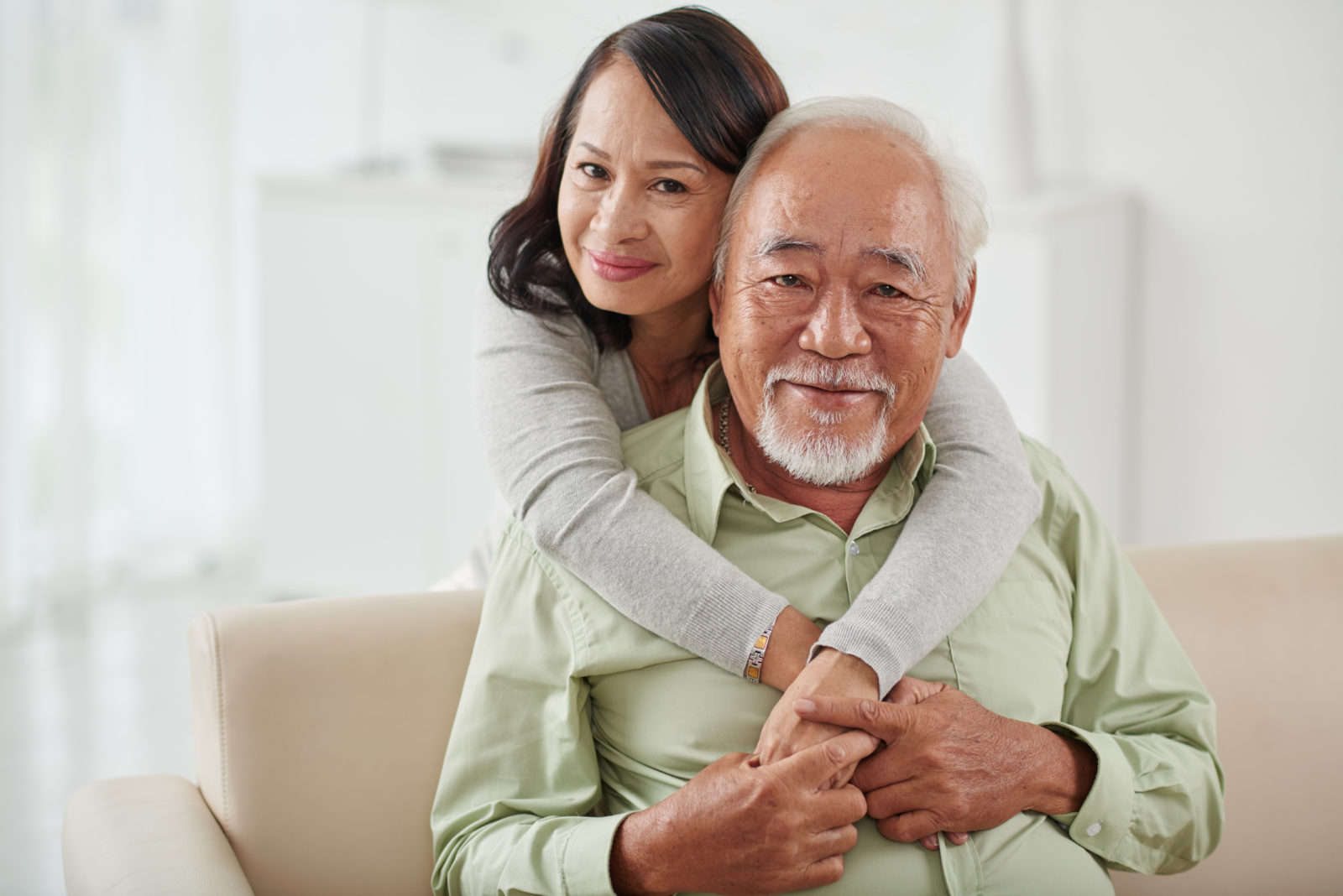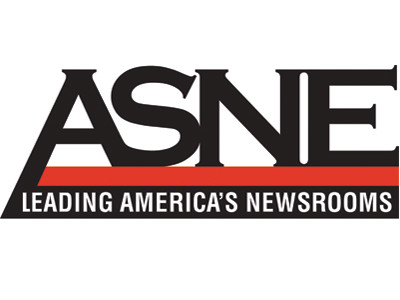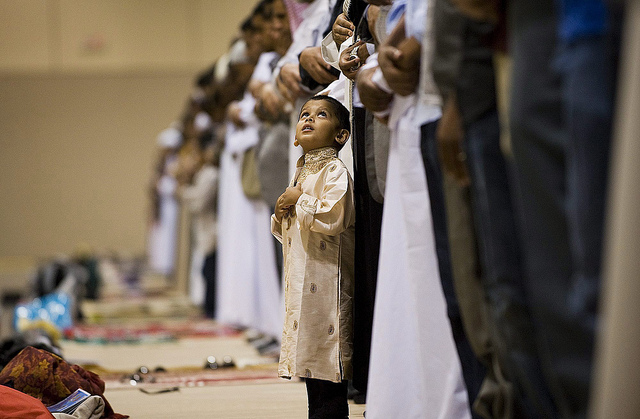by Caroline Cao
Winning submission to AAJA’s Caregiving Contest 2019, with the generous support of AARP
“I want you to put caregiving on your resume,” my Daddy muttered from the deathbed. He must have seen my perplexed reaction because he added, “Caroline, you get a better chance at a job if you told people you took care of me.”
My father’s liver cancer forced my 14-year-old self into the role of caregiver. It disrupted my part-time job search during high school. By the time the tumor was discovered, the cancer nibbled away at Daddy’s hipbone before he could receive effective radiation treatment. Daddy went from walking straight, to leaning on a cane, to leaning on a walker that scraped against our tiled floor, before becoming confined to the cot. I was determined to make him better. I dared to imagine that could I cure him by just making him comfortable.
Cooking was the most effective way to make him feel better. I baked dark chocolate pies, boiled pasta, and heated up ravioli for him. I was proud when he ate my dark chocolate pies. In that way, I made his last days sweeter.
But there were matters that frustrated me. Once I came home from school and he laid there stiff and numb and crying for help. He confessed he swallowed too much pain-killers. I scrambled to make him feel better, to bring him water, to talk to him, and to keep him company. I did not voice my anger. Why didn’t he follow the dosage instructions? I was mad at myself for feeling mad. He was suffering and I could not make him better.
What I was not prepared for were the words, words of love, words of remorse, words of confusion. As I brought him the food he wanted, I would hear things from his mouth. Among them were, “I love you. I was dreaming about when you were born.” Then there was “If you trust me, you have to become a lawyer,” which flummoxed me. There was also, “I dreamed of demons laughing at me.” He feared he was going to Hell. Sometimes he told me, “I wasn’t a good father, I wasn’t a good father, I’m sorry.” He was losing faith in his survival. That made me feel useless that my caregiving was never enough.
Yet, my father insisted I list “caregiving” on my resume: “Caroline, you must put that you have to tell people you took care of me.” He knew I was at the age where college applications and career prospects were urgent. He wanted my caregiving position to secure me in the future.
How do I put on my resume that I witnessed how deep the pain and shame wore and tore at his soul? Insurance paid over $2 million for the medical bills. He apologized that I had to see him like that, apologized for being my burden. He never wanted to be a victim of anything. He survived the communists of the Vietnam War, he survived the racists in his childhood when he moved to America. He believed in hard work, pushed me to become valedictorian (I never became one). He was miserable he never matched up to the glorified image of the “fighter,” the one who could beat the disease. But the truth is, many patients never overcome and have no control. He didn’t have control. I had little control. My task was to make his circumstances less discomforting, whether it was boiling him pasta or bringing him water.
By the end days, he did have a nurse, which freed me from the labor. The nurse grimaced as she watched me and my brother hold my father’s hand, when his coherent words faded into agonized groans. I remember the nurse’s pouty expression as she watched. I realized, even a professional has it hard.
Vu Cao, age 44, passed away surrounded by his sisters and holding my hand. My last act of caregiving was reading him a book, Harry Potter and the Deathly Hallows, since he never finished the Harry Potter series.
Despite his insistence, I never put “caregiving” on my resume. I didn’t feel worthy of it. I never felt the need to bring it up caregiving at a job interview, save for the one time I applied to be a medical scribe, not out of interest in the medical field but out of need for money. I said to the interviewer, “It should be known I was a caregiver for my father when he was dying of liver cancer.” I was terminated within five days of floor training as a scribe. The chief scribe told me, “You regressed on your fifth day. We must part ways.” I could see my father’s disappointment.
I could have done more. That’s the painful echo. I can hear his walker screeching across the floor, flinching up at every imagined squeak. Could I have done more as Daddy’s caregiver?
Sometimes my best isn’t even enough. No matter if you know you did your best, you’ll still feel disappointed. What did caregiving teach me? Did it prepare me for hardships in life? Would I end up caregiving for my mother if she were to grow infirm? I think about how I read to him, how I baked pies for him. I can conclude: Caregiving for my father made his end less painful, even if I’m left with memories that eat me away.
About the contest
Each year 40 million family caregivers in the U.S. provide critical support to adults with a chronic, disabling, or otherwise serious health condition. AARP and the Asian American Journalists Association (AAJA) partnered to bring to light personal journeys of AAJA members or accounts of other Asian American and Pacific Islanders who have been impacted by caregiving for a loved one. Find out more about the AAJA Caregiving Contest and see last year’s winners here. Thank you, AARP!





Published by